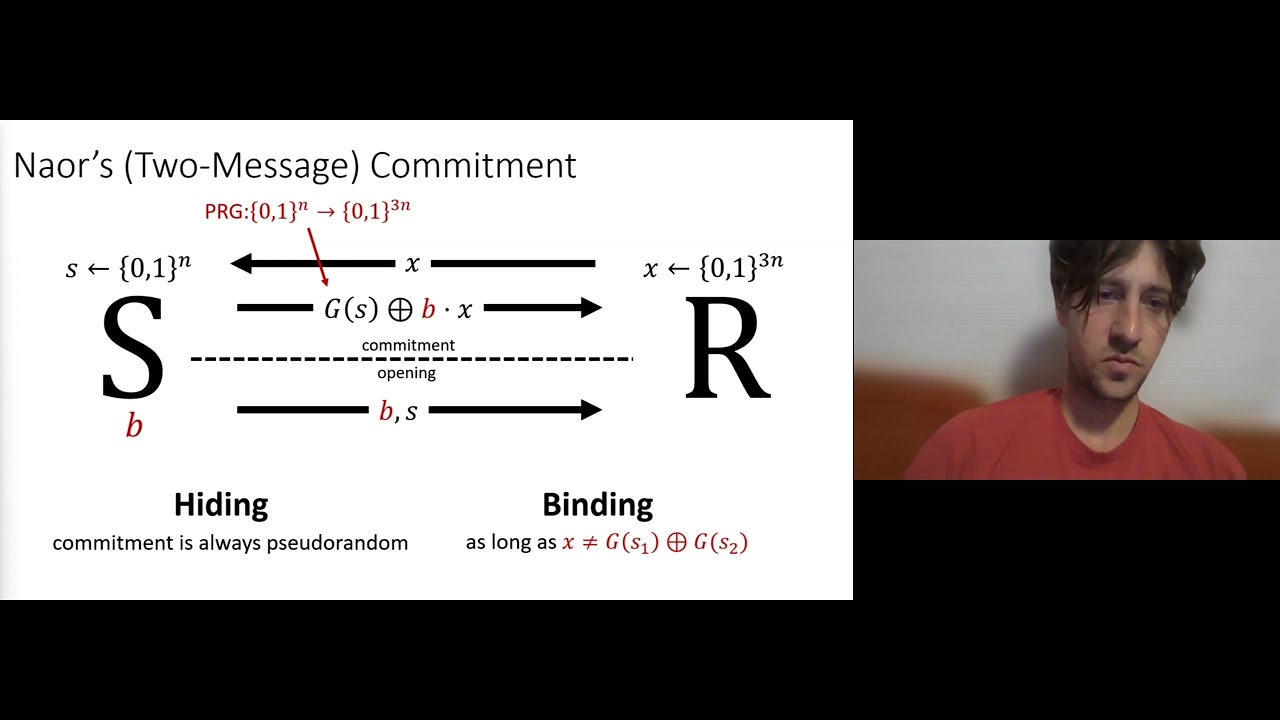Welcome to the resource topic for 2021/1001
Title:
Classical Binding for Quantum Commitments
Authors: Nir Bitansky, Zvika Brakerski
Abstract:In classical commitments, statistical binding means that for almost any commitment transcript there is at most one possible opening. While quantum commitments (for classical messages) sometimes have benefits over their classical counterparts (e.g.\ in terms of assumptions), they provide a weaker notion of binding. Essentially that the sender cannot open a given commitment to a random value with probability noticeably greater than 1/2. We introduce a notion of classical binding for quantum commitments which provides guarantees analogous to the classical case. In our notion, the receiver performs a (partial) measurement of the quantum commitment string, and the outcome of this measurement determines a single value that the sender may open. We expect that our notion can replace classical commitments in various settings, leaving the security proof essentially unchanged. As an example we show a soundness proof for the GMW zero-knowledge proof system. We construct a non-interactive quantum commitment scheme which is classically statistically-binding and has a classical opening, based on the existence of any post-quantum one-way function. Prior candidates had inherently quantum openings and were not classically binding. In contrast, we show that it is impossible to achieve classical binding for statistically hiding commitments, regardless of assumption or round complexity. Our scheme is simply Naor’s commitment scheme (which classically requires a common random string, CRS), but executed in superposition over all possible values of the CRS, and repeated several times. We hope that this technique for using quantum communication to remove a CRS may find other uses.
ePrint: https://eprint.iacr.org/2021/1001
Talk: https://www.youtube.com/watch?v=HxxdTMH3eII
See all topics related to this paper.
Feel free to post resources that are related to this paper below.
Example resources include: implementations, explanation materials, talks, slides, links to previous discussions on other websites.
For more information, see the rules for Resource Topics .
